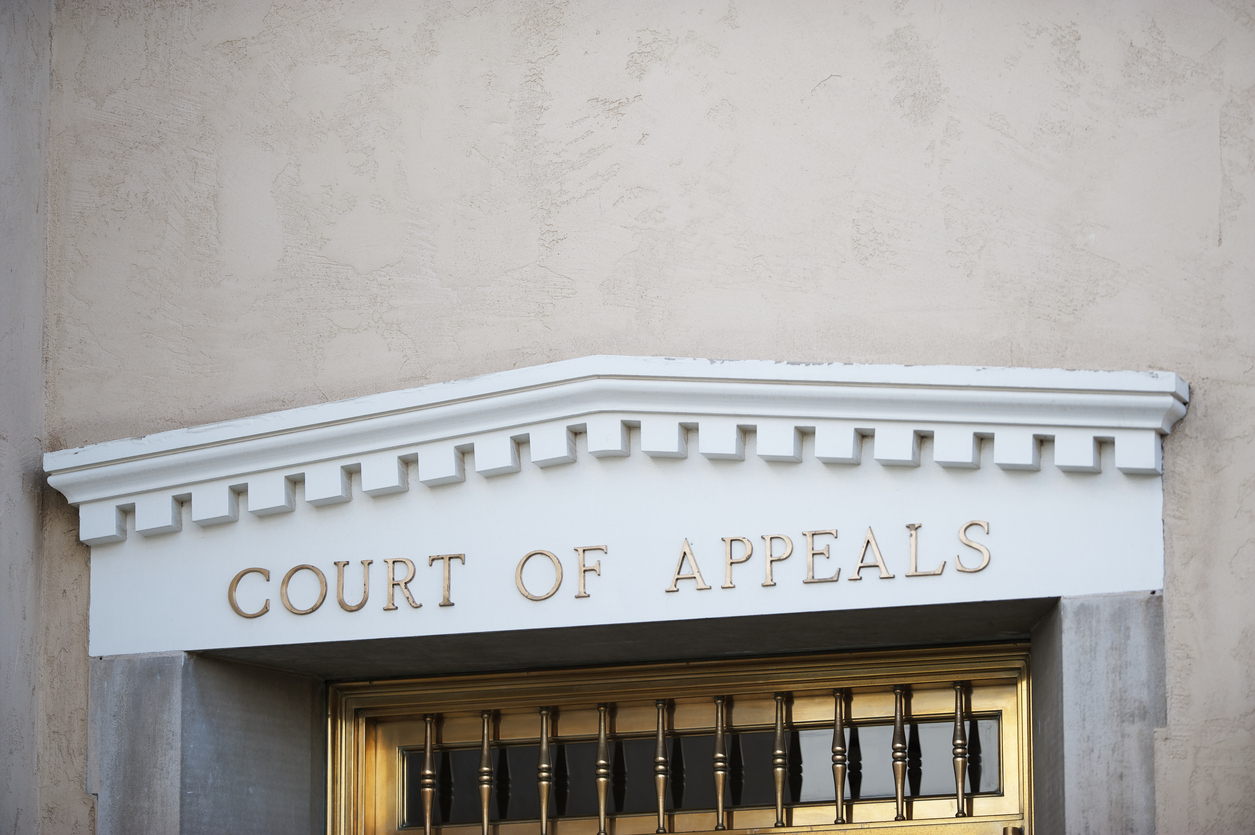While researching how the Tar Heel State interprets insurance policies, I came across two helpful sources that set out how the policyholder is favored. The first is a blog post from Merlin’s own resident expert in North Carolina law, Beaujeaux de Lapouyade. You can read her blog post here.
The second is the following rule block i found in a well-researched motion:
Insurance Policies in North Carolina are interpreted in a more liberal manner than contemplated by the ordinary rules of contract interpretation.
• Wherever possible, the policy will be interpreted in a manner which gives, but never takes away, coverage.1
• Provisions extending coverage “must be construed liberally so as to provide coverage, whenever possible by reasonable construction.”2
• The proper test is what a reasonable person in the position of the insured would have understood the policy to mean not what the insurer intended.3
• Exclusions are to be strictly construed against the insurer the apparent conflict between coverage and exclusion must be resolved in favor of the insured.”4
• “If such a word has more than one meaning in its ordinary usage . . . it is to be given the meaning most favorable to the policyholder, or beneficiary, since the insurance company selected the word for use.”5
• “It must be remembered that the policy of insurance was written by the [insurance] company’s lawyers . . . filled with conditions inserted by persons skilled in the learning of insurance law and acting in the exclusive interest of the insurance company.” Therefore, policies “must be construed liberally in respect to the persons insured.”6
• “If the language used in the policy is reasonably susceptible of different constructions, it must be given the construction most favorable to the insured, since the company prepared the policy and chose the language.”7
• “If any ambiguity exists in an insurance contract, then, the fault lies with the insurance company and not with the insured. If the insurance company uses slippery words in its policy, it is not the function of this Court to sprinkle sand upon the ice by strict construction to assist the insurance company.”8
As you can see, North Carolina has strong language that greatly favors policyholders. If you have any questions regarding the interpretation of your policy, contact our team at Merlin Law Group.
_______________________________________________
1 Wash. Hous. Auth. v. N.C. Hous. Auth. Risk Retention Pool, 130 N.C. App. 279, 281, 502 S.E.2d 626, 628 (1998).
2 State Capital Ins. Co. v. Nationwide Mut. Ins. Co., 318 N.C. 534, 538, 350 S.E.2d 66, 68 (1986).
3 Joyner v. Nationwide Ins., 46 N.C. App. 807, 809, 266 S.E.2d 30, 31 (1980).
4 Southeast Airmotive Corp. v. U.S. Fire Ins. Co., 78 N.C. App. 418, 420, 337 S.E.2d 167, 169 (1985).
5 Wachovia Bank & Tr. Co. v. Westchester Fire Ins. Co., 276 N.C. 348, 354, 172 S.E.2d 518, 522 (1970).
6 Barker v. Iowa Mut. Ins. Co., 241 N.C. 397, 400, 85 S.E.2d 305, 307 (1955) (citing Roberts v. Am. All. Ins. Co., 212 N.C. 1, 192 S.E. 873, 875-76 (1937)).
7 Grant v. Emmco Ins. Co., 295 N.C. 39, 43, 243 S.E.2d 894, 897 (1978).
8 Mazza v. Med. Mut. Ins. Co. of N.C., 311 N.C. 621, 630, 319 S.E.2d 217, 223 (1984) (quoting Jamestown Mut. Ins. Co. v. Nationwide Mut. Ins. Co., 266 N.C. 430, 437-38, 146 S.E.2d 410, 416 (1966)).




